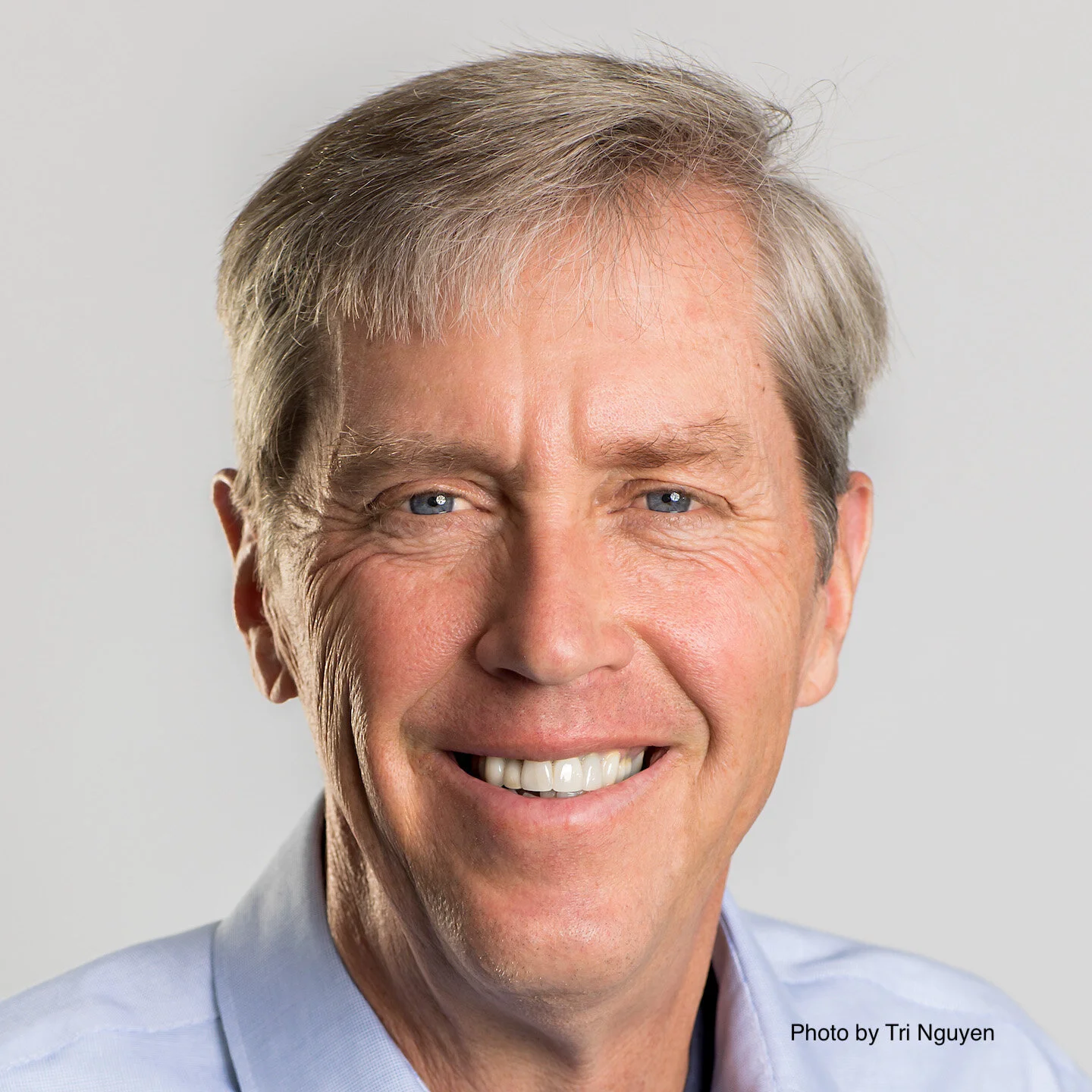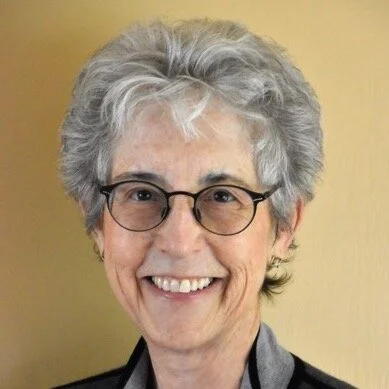BS 176 is my fifth interview with molecular biologist and neuroscientist Dr. Seth Grant from The University of Edinburgh. Dr. Grant was recently recognized for his pioneering work by the Federation of European Neuroscientists. He continues to make fundamental discoveries about the structure and function of the synapse and this month we discuss the discovery that synapse complexity and diversity is greater than expected, along with the implications of these discoveries.
Dr. Grant first appeared on Brain Science back in 2008. So in this interview, I also asked him to take us back through some of the key discoveries of his career. These include the discovery that the synapse is much more complex than previously assumed and the fact that this complexity preceded the evolution of animals with brains. More recently he has discovered that synapses are also more diverse than expected and that those in some parts of the brain are more complex than others.




























